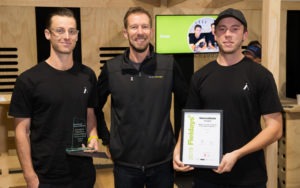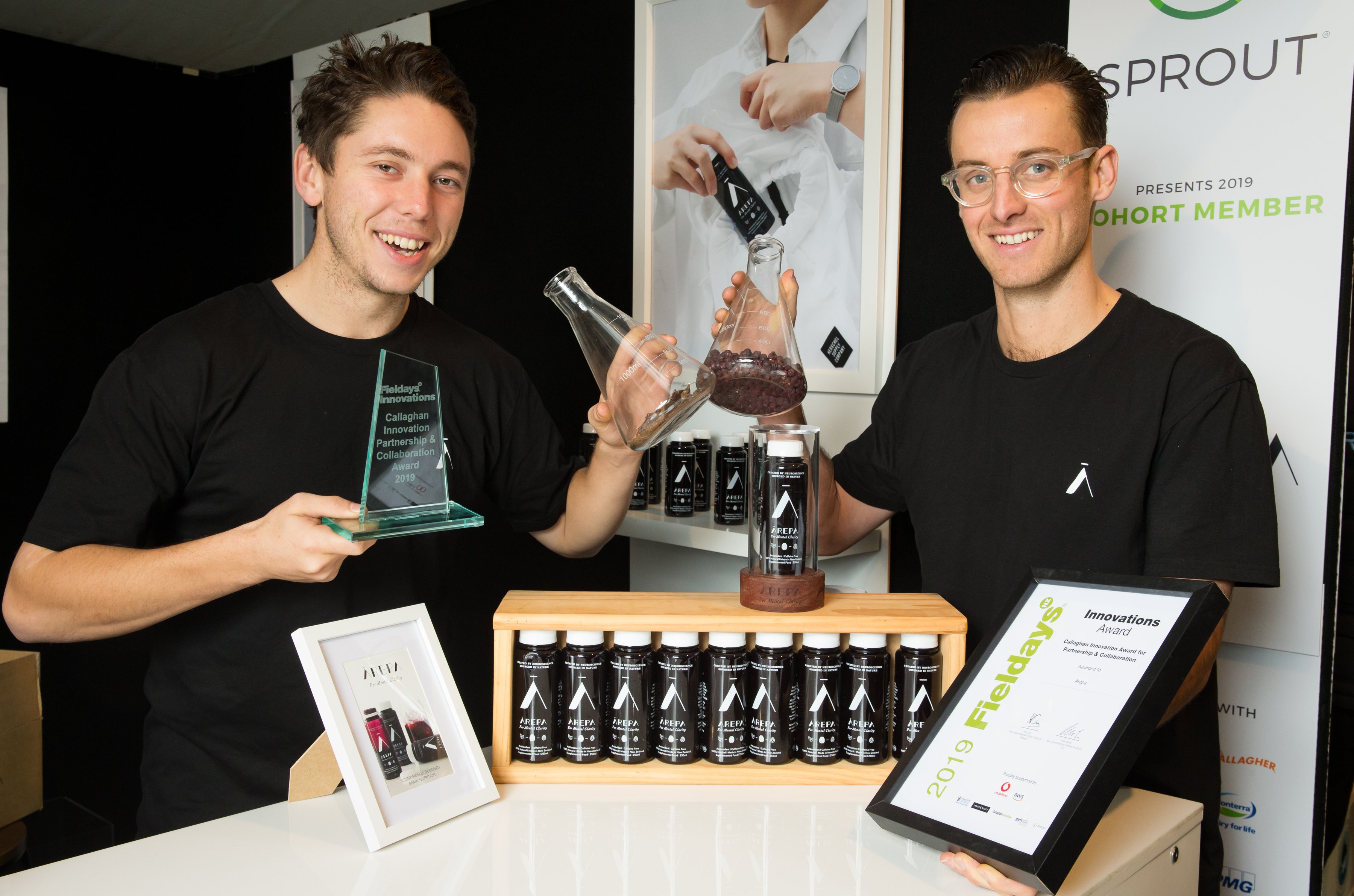Interest in cutting out meat and animal products in diets, be it partially or wholly, is on the rise. The term ‘veganism’ has been Googled 550% more over the past five years. The number of vegans in the US grew six times to 19.6 million in 2017, from nearly 4 million in 2014.
Perhaps surprisingly, given the country’s strong association with the meat and dairy industry, but New Zealand is also jumping on the trend; it was ranked the third most popular country for veganism in 2018. And New Zealand startups are coming up with increasingly popular plant-based products to help individuals find alternatives with a better carbon footprint and health profile. A leading example is Sunfed, which replicates the texture of chicken using yellow pea protein, reported 170% year-on-year growth in its latest earnings report.
Snapshot: New Zealand sustainability credentials
|
“We sold out on our first day of launch, we kept selling out,” said Sunfed’s founder and CEO Shama Sukul Lee, in an interview with The Guardian. “Our biggest problem was that we couldn’t keep up with demand.”
Are you a startup that wants to be part of New Zealand’s ag + food revolution? Read on.
Sprout Accelerator is back and looking for applications from both traditional agritech and future-food focused startups from New Zealand and abroad. Registrations for the accelerator close on 22 November. Upon completion of the accelerator, participants will also have access to an investment pool of $500,000. Sprout says innovations at all stages of development are encouraged to come forward and work with them.
“Our alumni have raised a total of $11.5 million in capital, going on to grow their revenue by 50% and achieve their biggest sales on record at the end of the accelerator,” says Sprout.
Snapshot: All about Sprout’s latest Accelerator
|
Eight New Zealand startups will be selected to join the six-month accelerator starting in January 2020. In addition to the eight spots, up to five spots will be offered to international companies. The Accelerator offers $75,000 worth of business coaching, mentoring, network access and MBA style block courses held around New Zealand.
The accelerator, which graduated its first cohort in 2016, is looking for innovations in both traditional agritech and future-food focused innovation areas. Upon completion of the accelerator, participants will have access to an investment pool of $500,000.
Why should you join the Sprout Accelerator program?
New Zealand is one of APAC’s thought leaders in healthier diets and clearly shifting rapidly towards one of the key food trends today, plant-based foods.
But New Zealand has also earned itself a reputation as the country with the most sustainably produced meat and dairy products, catering to those that can’t give up their meat and cheese. The Guardian recently instructed its readers to buy New Zealand lamb, ahead of British, even though it’s flown more than half-way across the globe. New Zealand’s center-right political party National Party said the same about its home country’s biggest export – dairy products.
“They are so much more sustainable than a liter of New Zealand milk shipped to Ireland, the next most efficient producer, would still have a lower emissions profile than Irish milk produced locally,” said the party spokesperson.
Besides the global appetite for New Zealand’s products, there’s a massive push by leading local corporations for identity-preserved meat and dairy that’s of high quality and low-carbon. Dairy giant Fonterra recognizes the need to align with the country’s latest environmental direction. It recently committed to climate-neutral production by 2050. So it’s safe to say there’s plenty of room for startups with innovative solutions to pitch in on a governmental and corporate level.
| Which sectors Sprout includes in agritech:
● Dairy ● Apiculture ● Horticulture ● Arable crops/cropping ● Sheep and Beef ● Fisheries ● Pipfruit ● Forestry ● Future Food |
The Sprout Accelerator also offers startups exposure to its network including New Zealand’s innovation support agency, Callaghan Innovation, agricultural innovation funder AGMARDT, and a host of the country’s most prominent agribusinesses including Fonterra, Zespri, Gallagher, Livestock Improvement Corporation (LIC), PGG Wrightson, Central Economic Development Agency (CEDA), Massey University and KPMG. All the above have committed to subsidize the $75,000 of support for startups selected to join the accelerator.

“The mentors and experts I engaged with were great; they backed my thinking and ideas but also challenged me to ensure Ārepa was on the right path. They’re passionate about my company and its potential for success which also boosted my confidence,” says CEO and founder of Ārepa, Angus Brown. His company, a beverage and brain food company combining nature, food technology and neuroscience, was one of the companies selected to go through the accelerator in 2019.
| Which categories Sprout identifies as large scale business opportunities:
● Software and AI ● Robotics and Automation ● Sensors and IoT ● Big data ● Biotechnology ● Farm Machinery ● Indoor Growing ● Emerging Foods ● Supply chain and logistics software ● UAV’s, their supporting software, hardware and sensing technology |
Another 2019 alumni, Powerplant’s Kevin D’Ambros-Smith, says Sprout helped transform his business. The team he worked with totally challenged his assumptions and industry knowledge. The modular plant growing system’s founder says, “As a result of the learning we gained in the Sprout Accelerator, we pivoted our business and now have two clear business opportunities we are actively pursuing.”
“One of these opportunities came about as a direct result of our Sprout advisor recommending we talk to a specific company, as he saw an opportunity for us to work together and made an introduction. This led to a totally new business opportunity for our company,” D’Ambros-Smith adds.
Registrations for the Accelerator close on 22 November. Apply for the 2020 Sprout Accelerator at www.sproutaccelerator.com.
*This article is sponsored by Sprout Accelerator, an AgFunder Network Partner, as part of the AgFunder Network Partner program, Find out more here.





